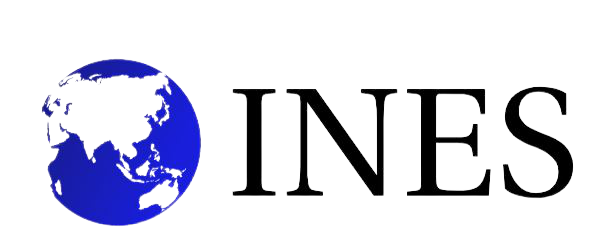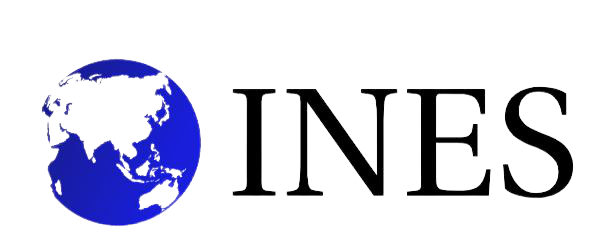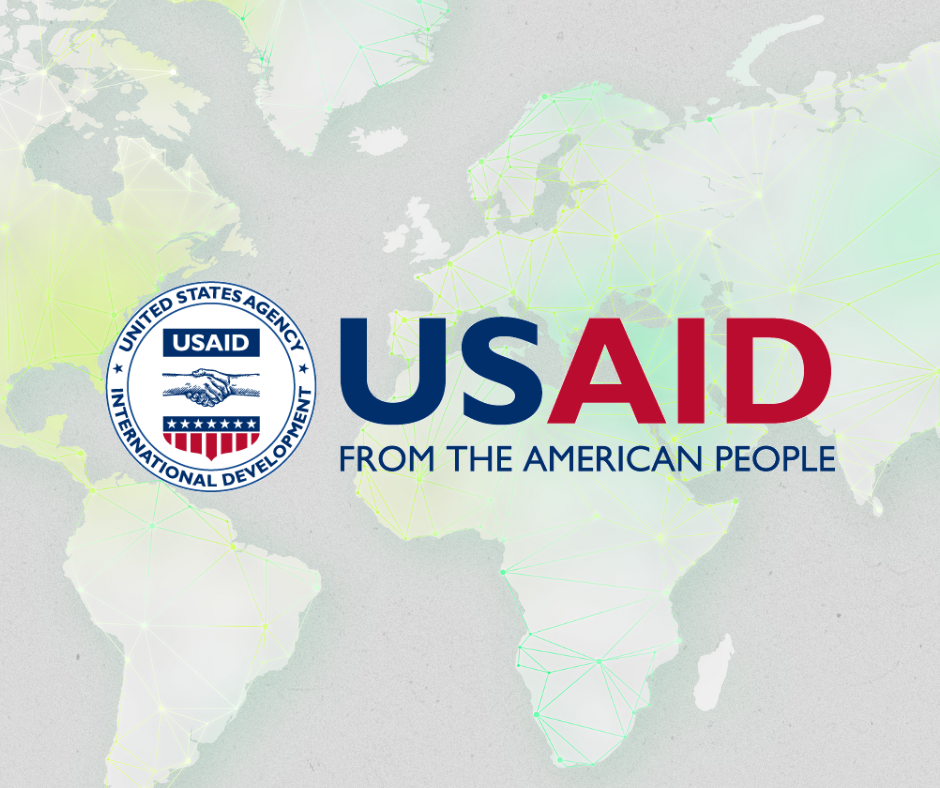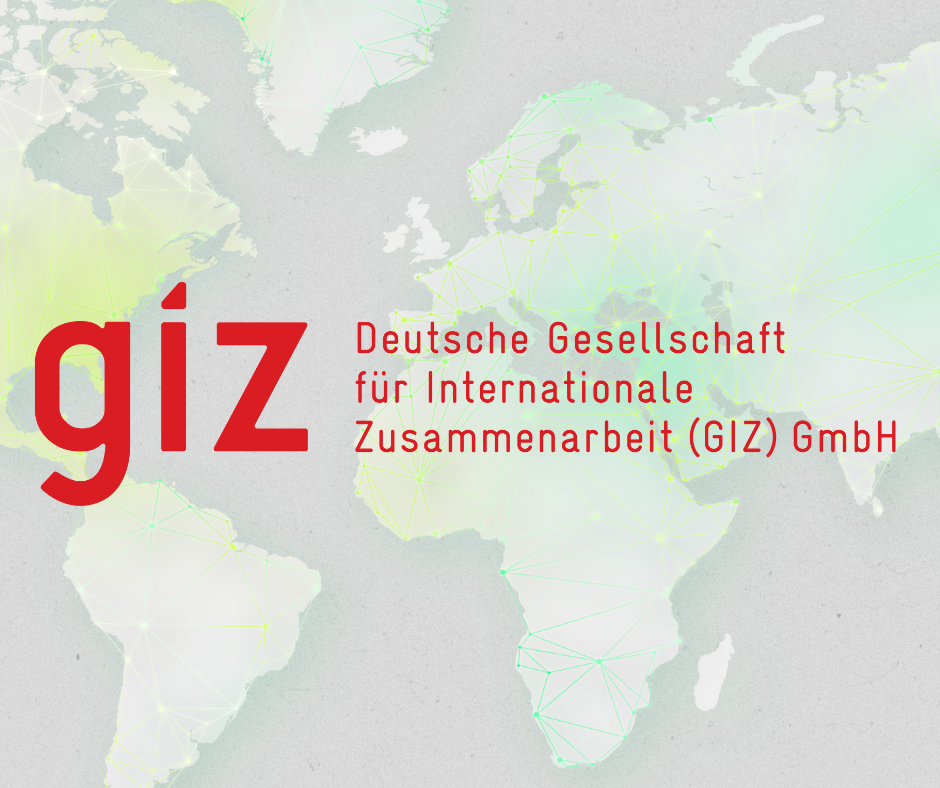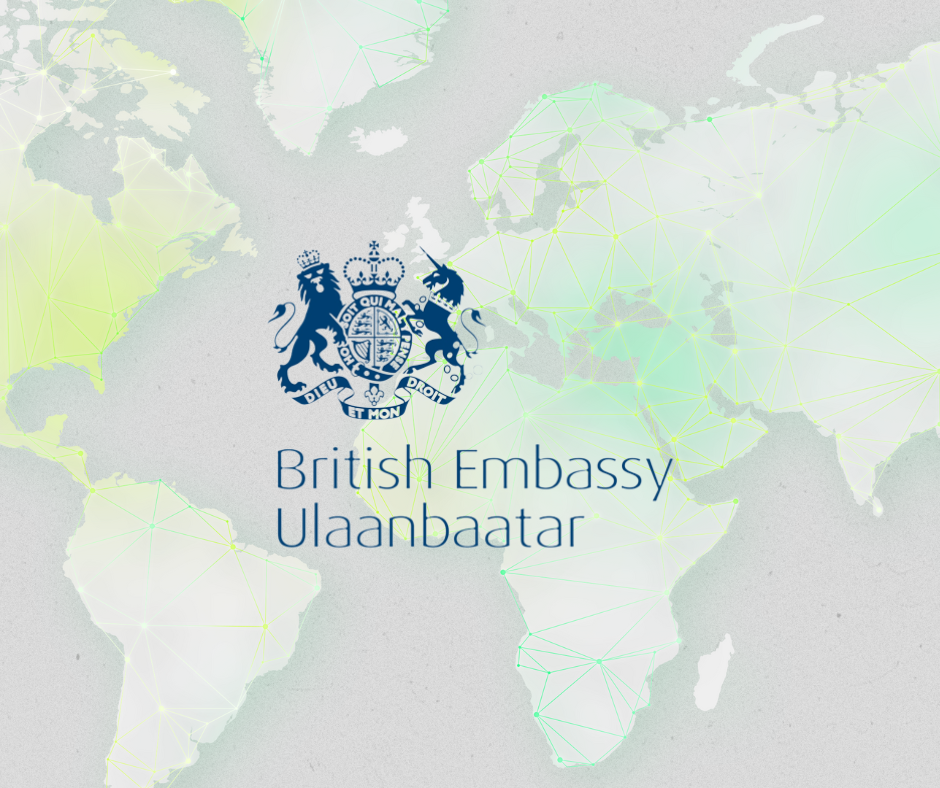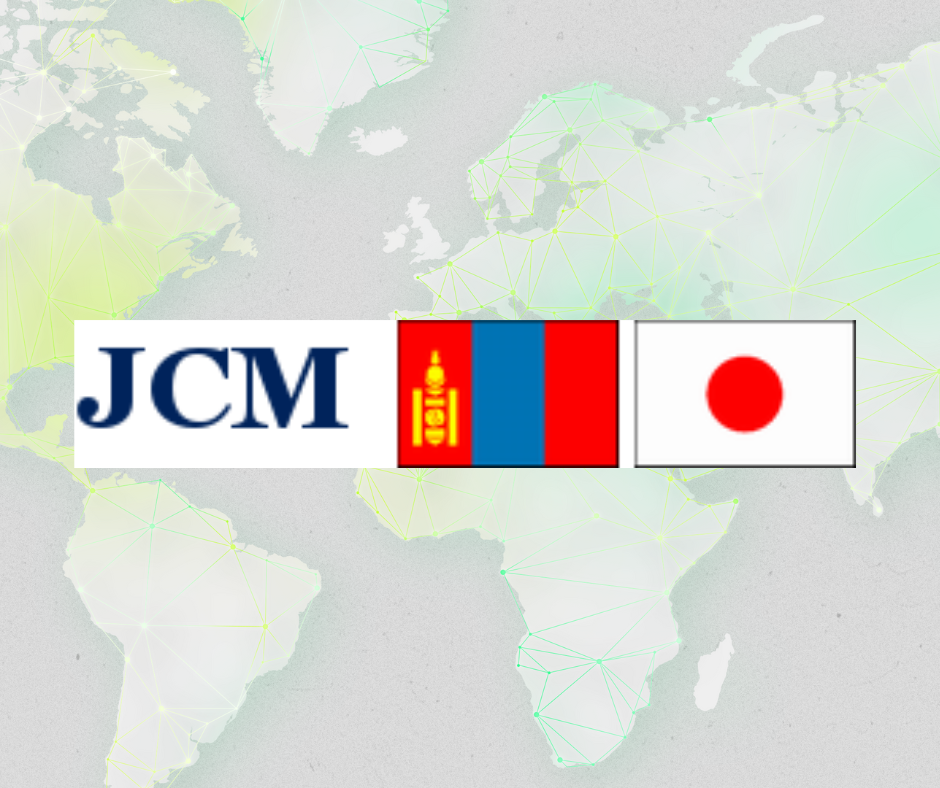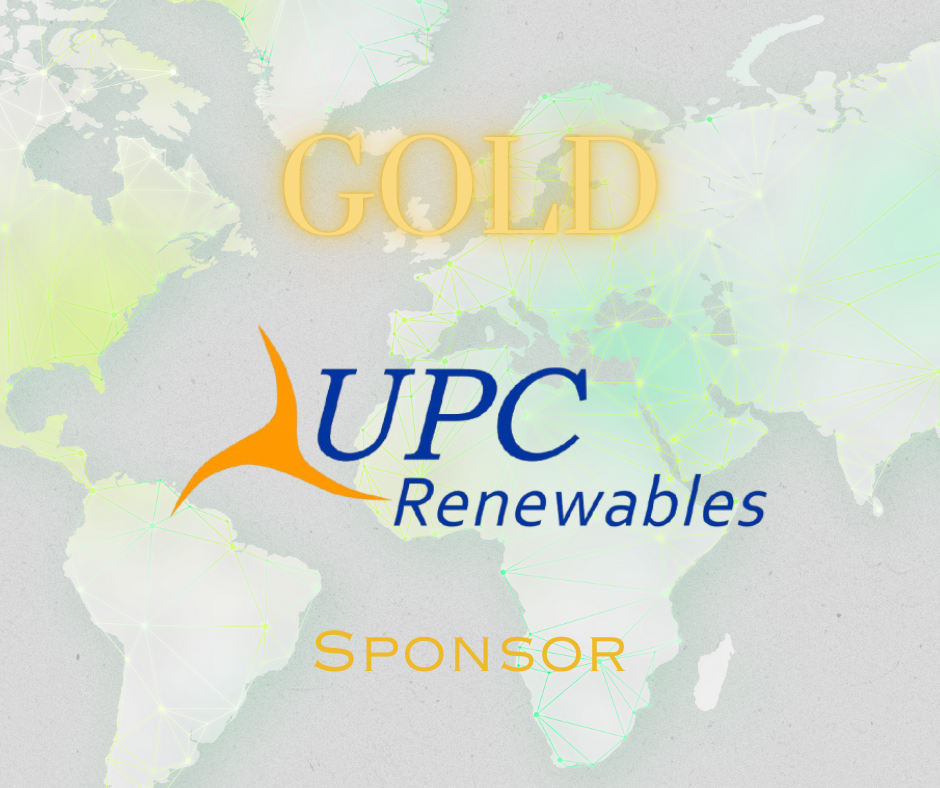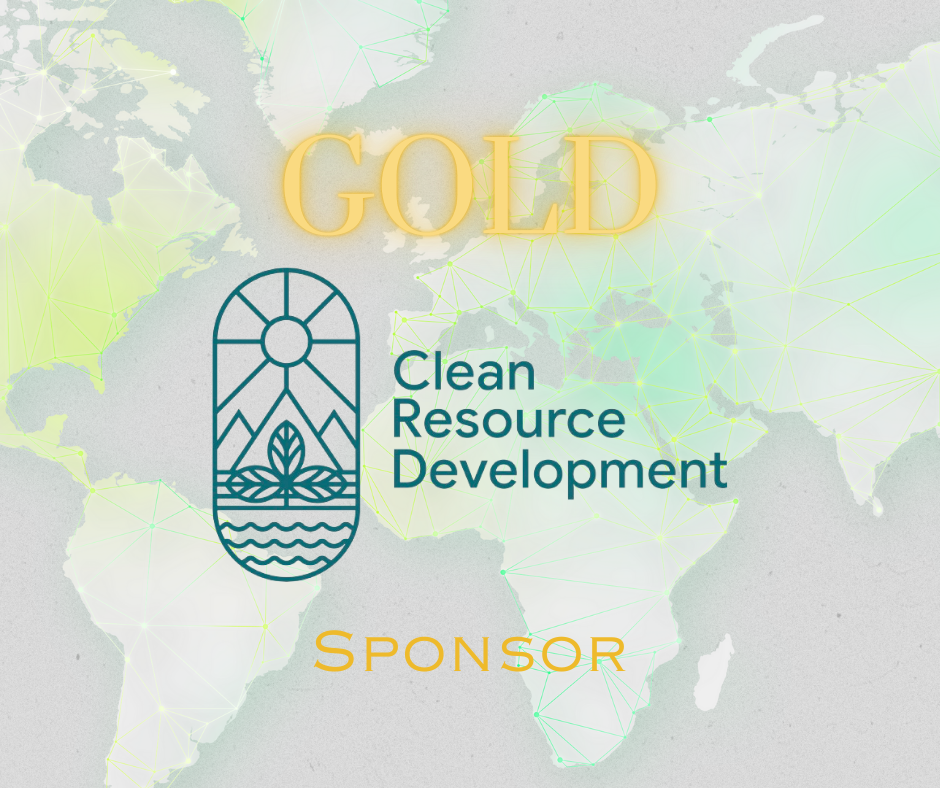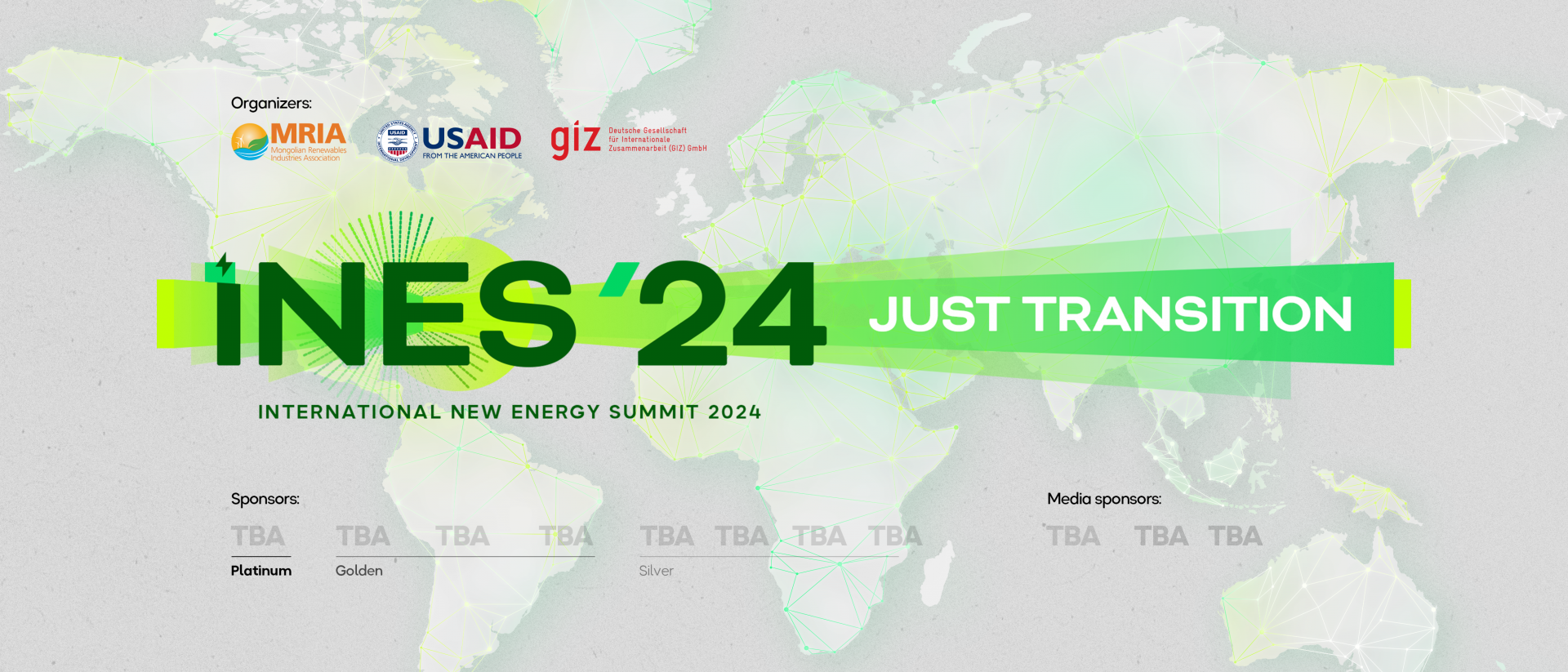
SUMMIT CONCEPT
From November 30 to December 12, 2023, the "28th Conference of the Parties to the United Nations Framework Convention on Climate Change" took place in Dubai, UAE. This summit focused on accelerating global climate action, highlighting the crucial role of energy transition in achieving climate resilience. At this conference, President U. Khurelsukh reaffirmed Energy Transition: Accelerating the shift towards renewable energy sources to reduce reliance on fossil fuels and mitigate climate change and iterated the nation's target of achieving net-zero greenhouse gas emissions by 2050 through robust renewable energy initiatives and a comprehensive National Adaptation Plan[1].
Mongolia's "Vision-2050" underscores the significance of expanding renewable energy to bolster the Northeast Asian energy market and enhance the competitiveness of Mongolia's energy sector. The current renewable energy contribution to Mongolia's energy supply is 18.9%, with 8.1% of electricity generated from renewable sources. Although progress has been made, there is a pressing need to elevate these figures to meet both national and international climate goals.
Addressing the challenges posed by outdated energy governance and insufficient tariff regulations, the annual International Energy Summit now emphasizes "Just Transition" to support a stable, diversified, and modern energy sector. This involves collaborative efforts between government bodies and the private sector to ensure a smooth transition towards sustainable energy practices.
Just Transition is a critical component of global efforts to combat climate change while ensuring social and economic justice. By integrating the principles of just transition into energy and climate policies, countries can promote sustainable development, protect workers and communities, and achieve a fair and equitable transition to a green economy. The International New Energy Summit 2024 will further these discussions, focusing on practical solutions and collaborative efforts to implement just transition frameworks effectively.
[1] COP 28, UNFCCC 2023
The primary aim of the International New Energy Summit 2024 is to advance the domestic renewable energy sector by fostering sustainable, reliable, and technologically advanced energy solutions. This year's theme, "Just Transition," focuses on ensuring that the shift to renewable energy is equitable, inclusive, and beneficial to all segments of society. Key objectives include enhancing energy efficiency, promoting public awareness, and encouraging the adoption of innovative technologies.
Mongolia seeks substantial international support and cooperation to bolster regional energy security, significantly reduce greenhouse gas emissions in Northeast Asia, and achieve sustainable development goals.
This summit aims to create a platform for dialogue and collaboration, ensuring that the transition to a renewable energy future is just, inclusive, and sustainable for all.
Policies and solution
- Just Transition in the energy sector
- Market reforms and energy sector planning
- Gender equality and social inclusion in energy
- Energy efficiency and demand-side management
- Capacity green building for green jobs and new skills
- Carbon Markets and Green Investment
- Decent Work and Economic Opportunities
- Regional energy cooperation: Energy Cooperation and Integration of Southeast Asian and East Asian Countries
- Phasing out fossil fuels
- Environmental Sustainability
- Mitigating air pollution and health impacts
Technologies
- High-capacity battery storage
- Hydroelectric and geothermal power
- Hydrogen fuel and coal bed methane (CBM)
- Modernization of transmission and distribution networks
- Microgrids and regions without greenhouse gas emissions
- Artificial intelligence in energy sector
- Solar and wind power advancements
- Heat supply solutions without greenhouse gas emissions
- Integrating renewable energy into existing grids
New markets and investments
- Financing mechanisms for zero-emission energy
- Carbon credits and market development
- Renewable energy certification
- Investment policies and tariff innovations
- Energy storage solutions and investment opportunities
The conference is attended by over six hundred international and high-level local guests representing the following organizations:
Local Entities
Ministry of Energy and related agencies
Minister of Urban Development, Construction, and Housing of Mongolia
Ministry of Environment and Tourism
Energy Regulatory Commission
Provincial and Capital City Governor's Offices
Embassies, NGOs, and commercial banks
Universities and research institutions
International Entities
International organizations (e.g., IRENA, GWEC, GGGI, REN21)
International banks and investors
Energy project developers and equipment manufacturers
Researchers and stakeholders in the Northeast Asian Electricity Cooperation Initiative (e.g., GEIDCO, KEPCO, Soft Bank)

